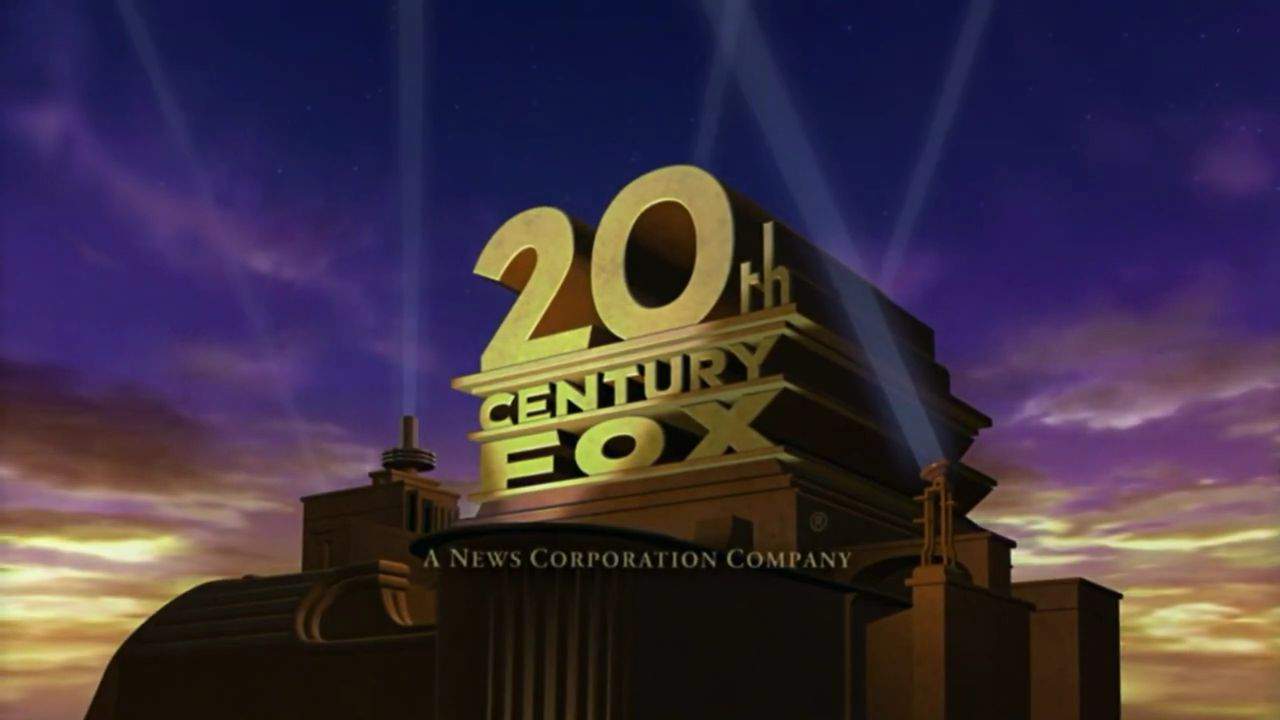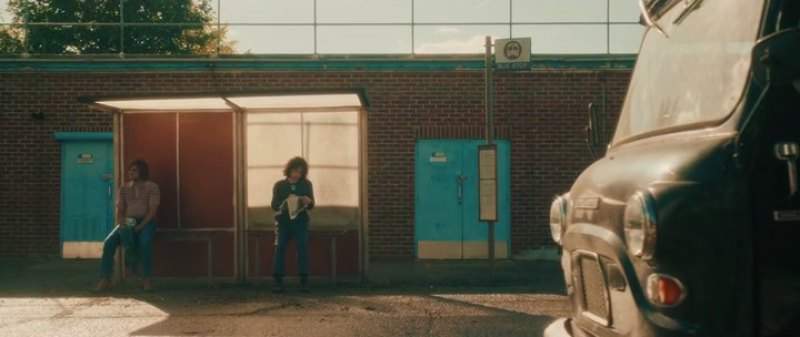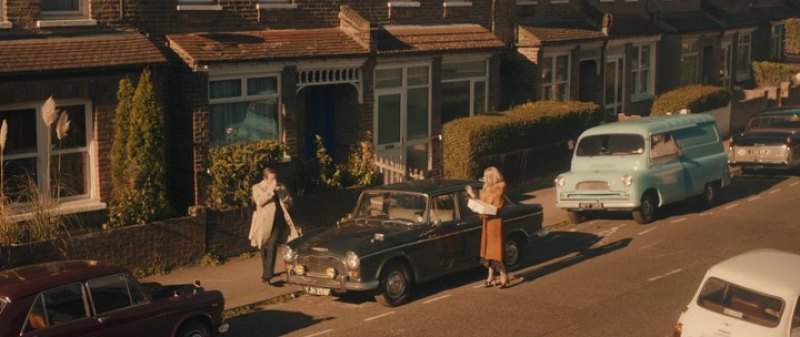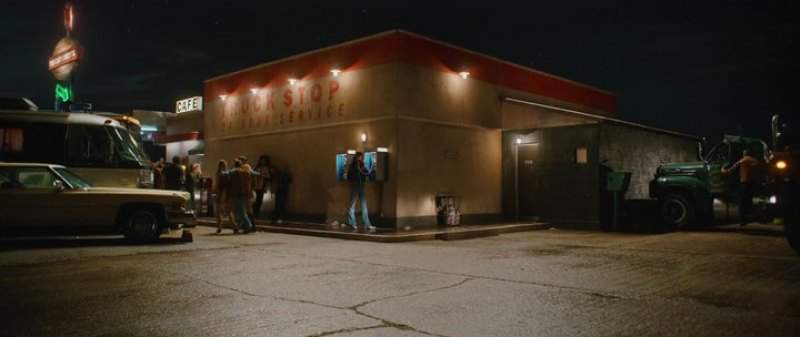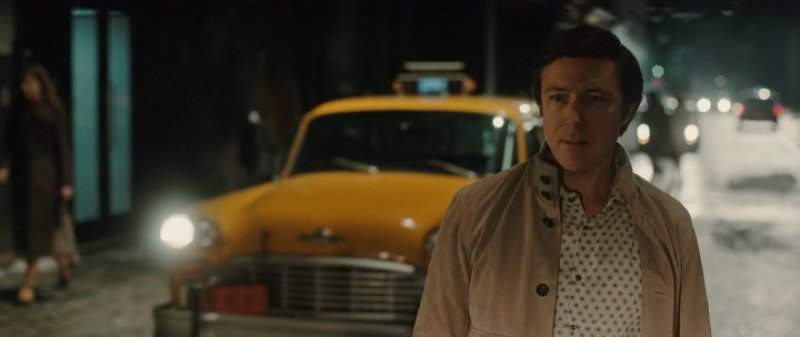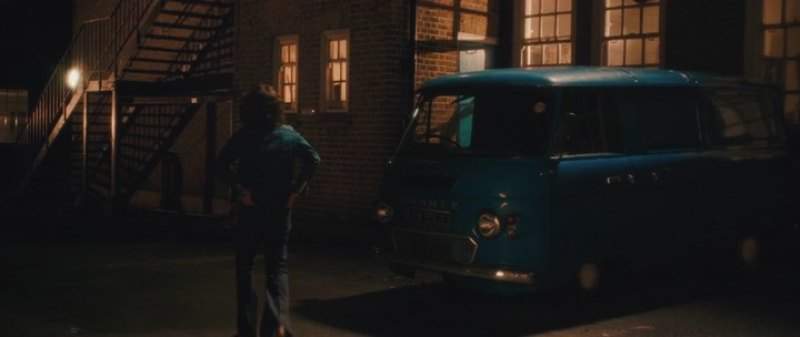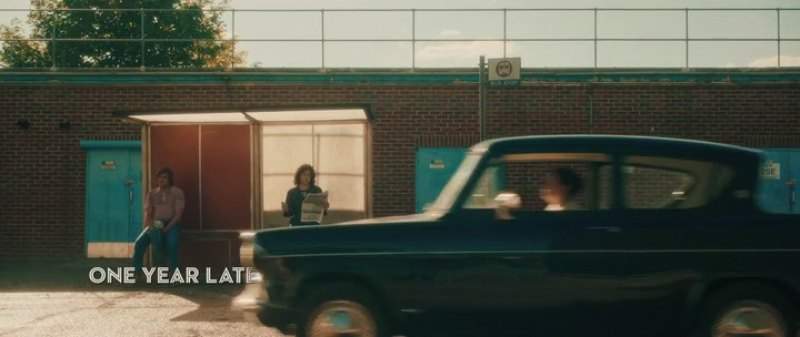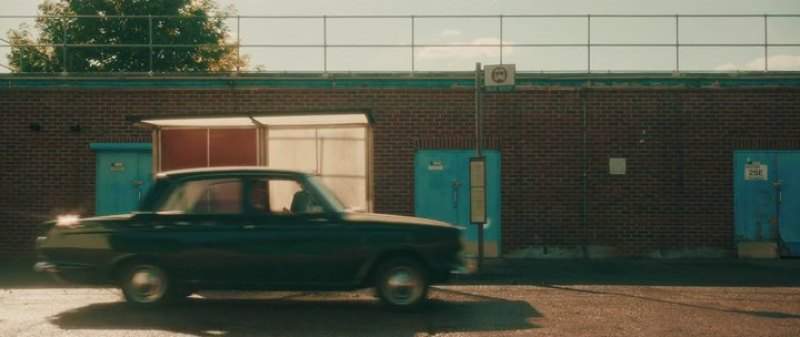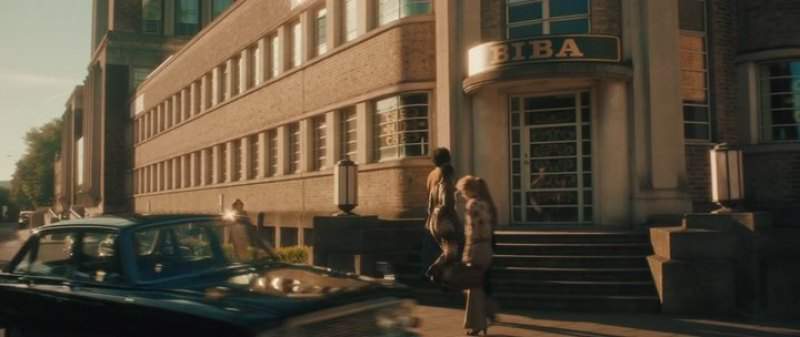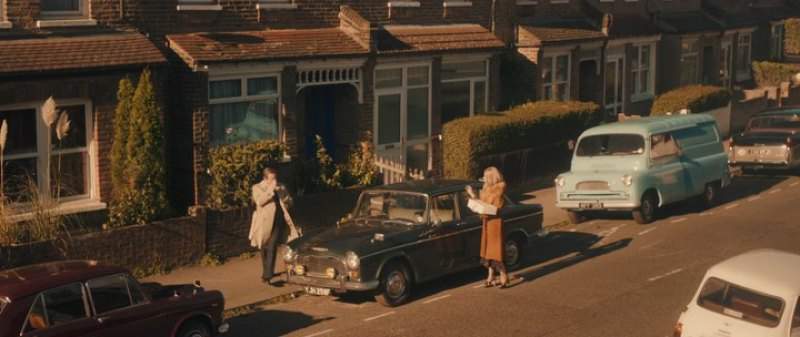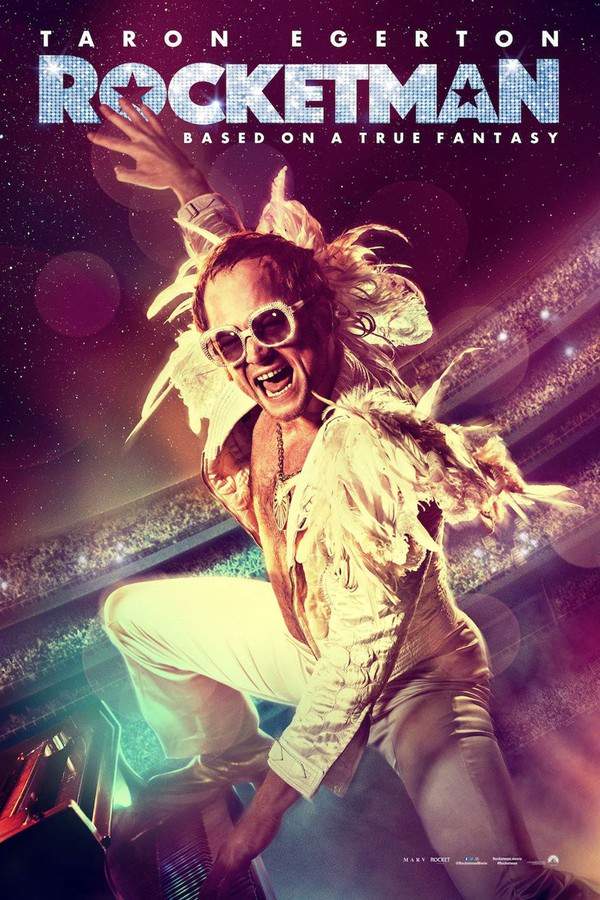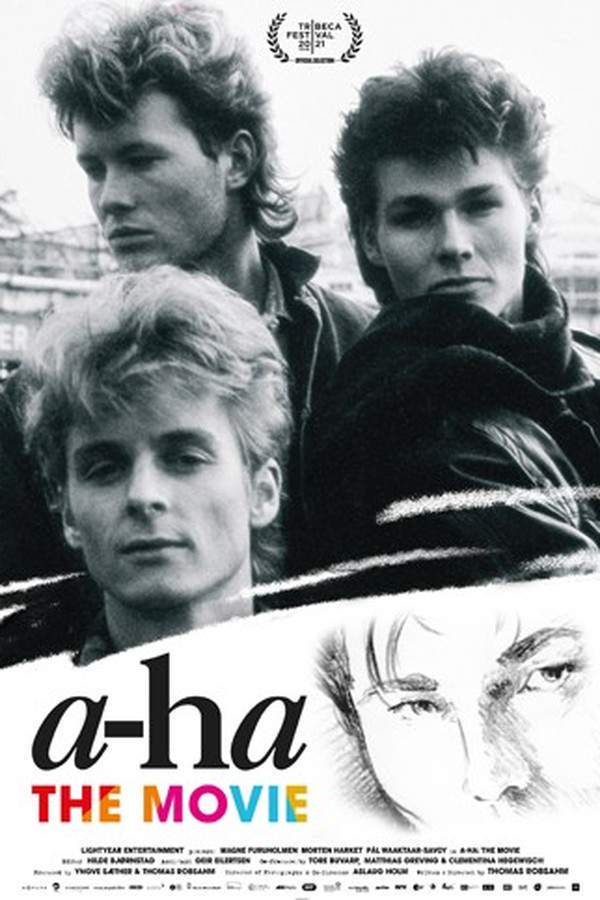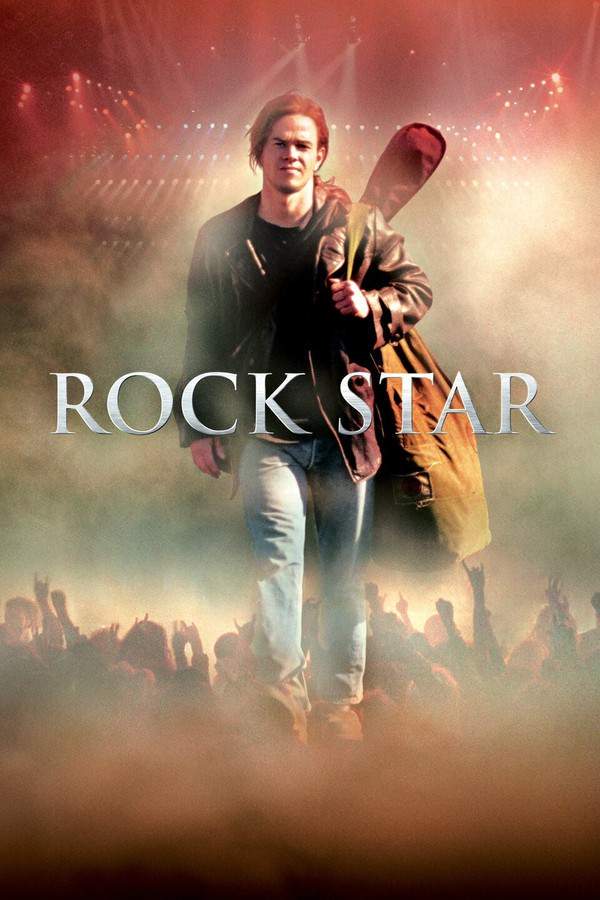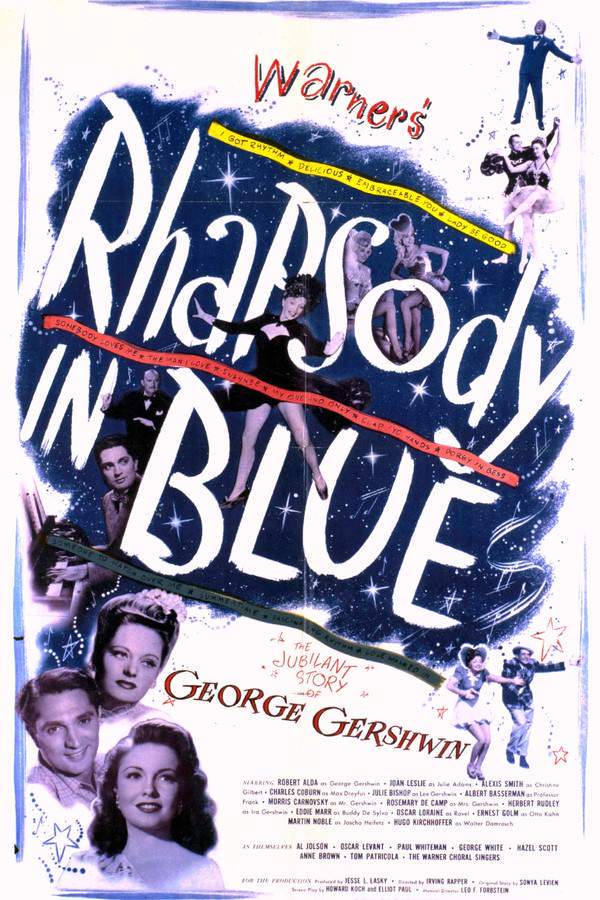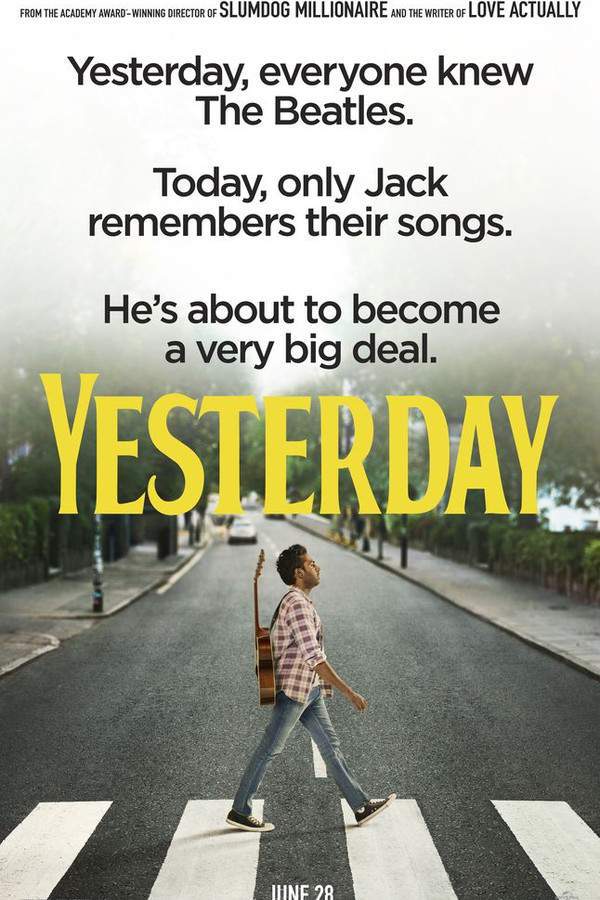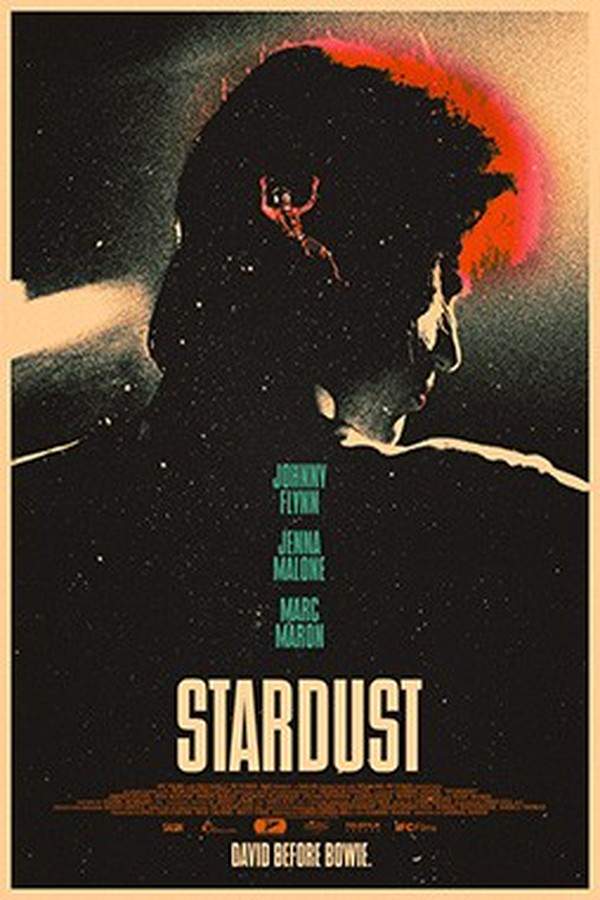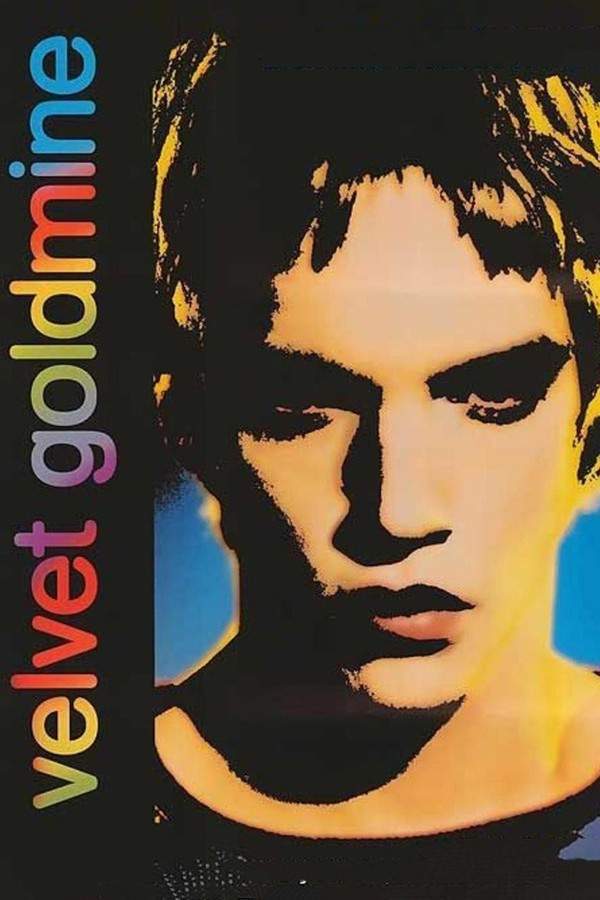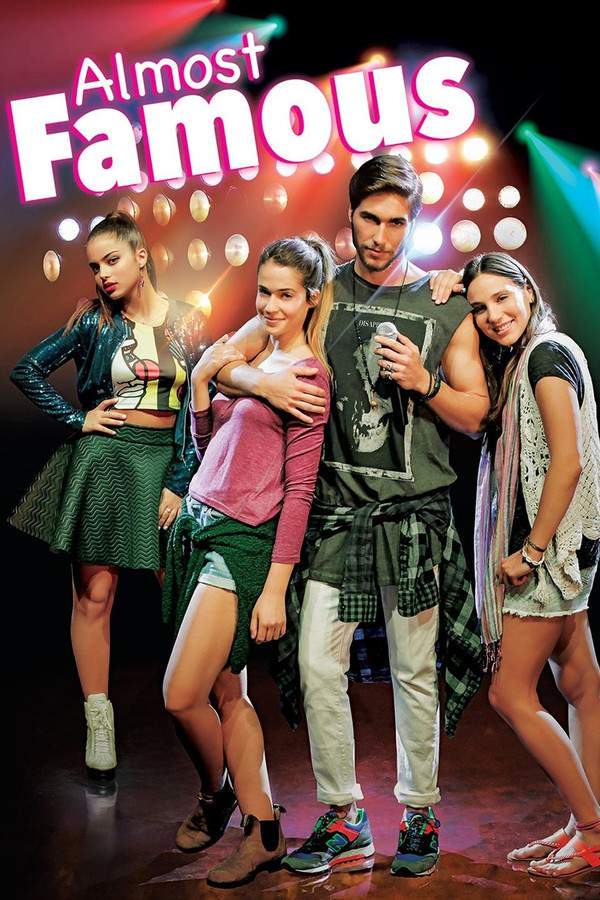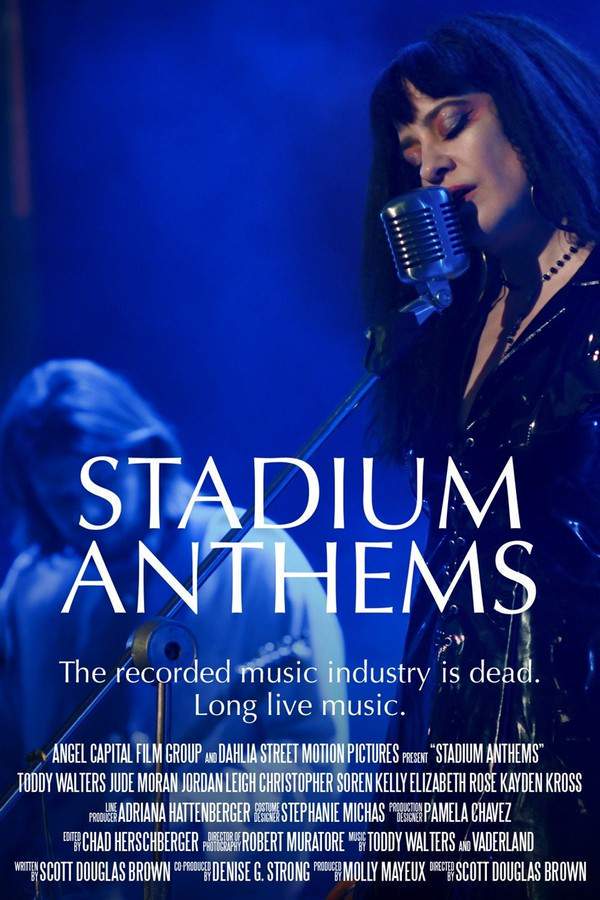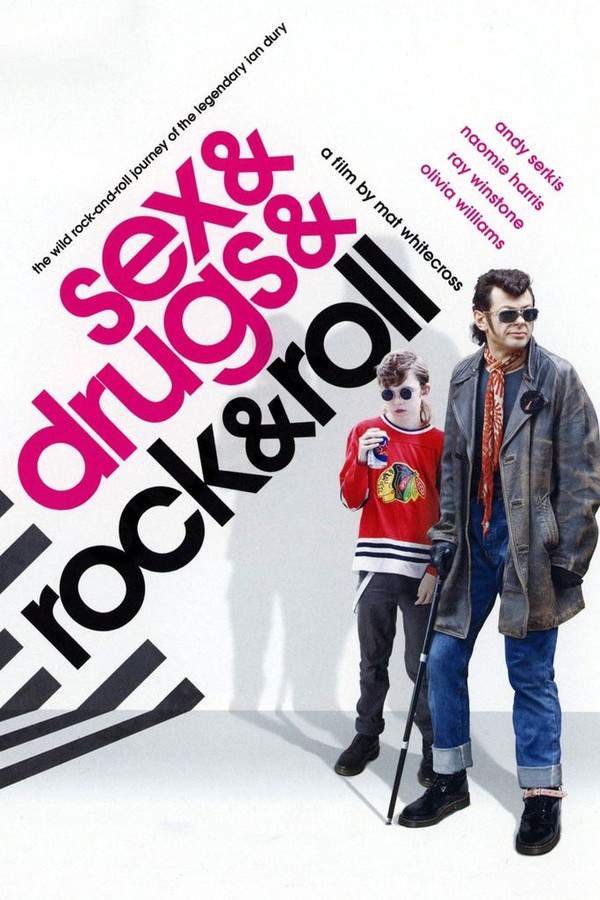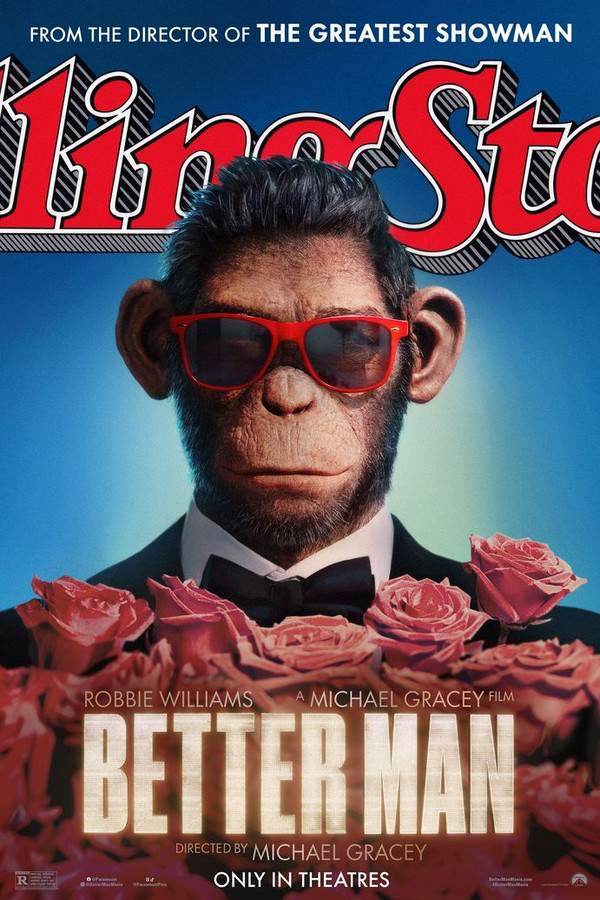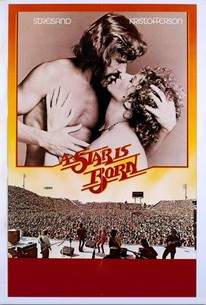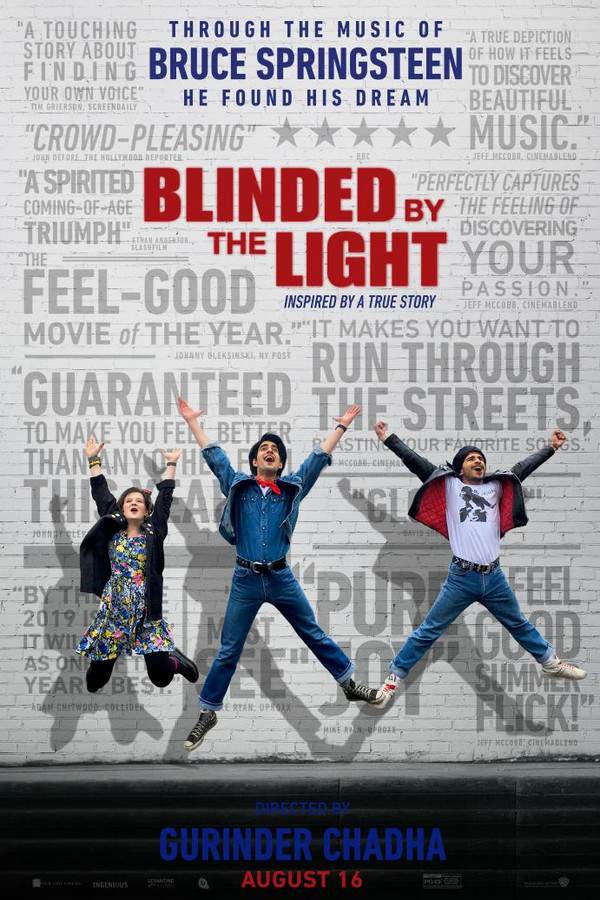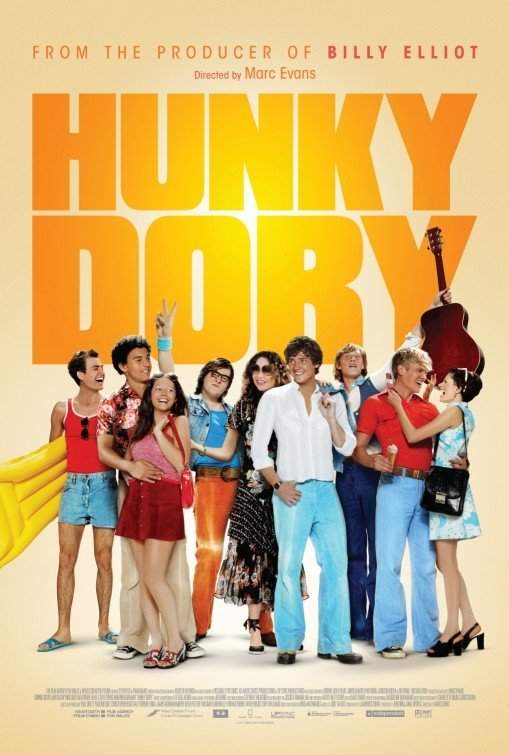Bohemian Rhapsody 2018
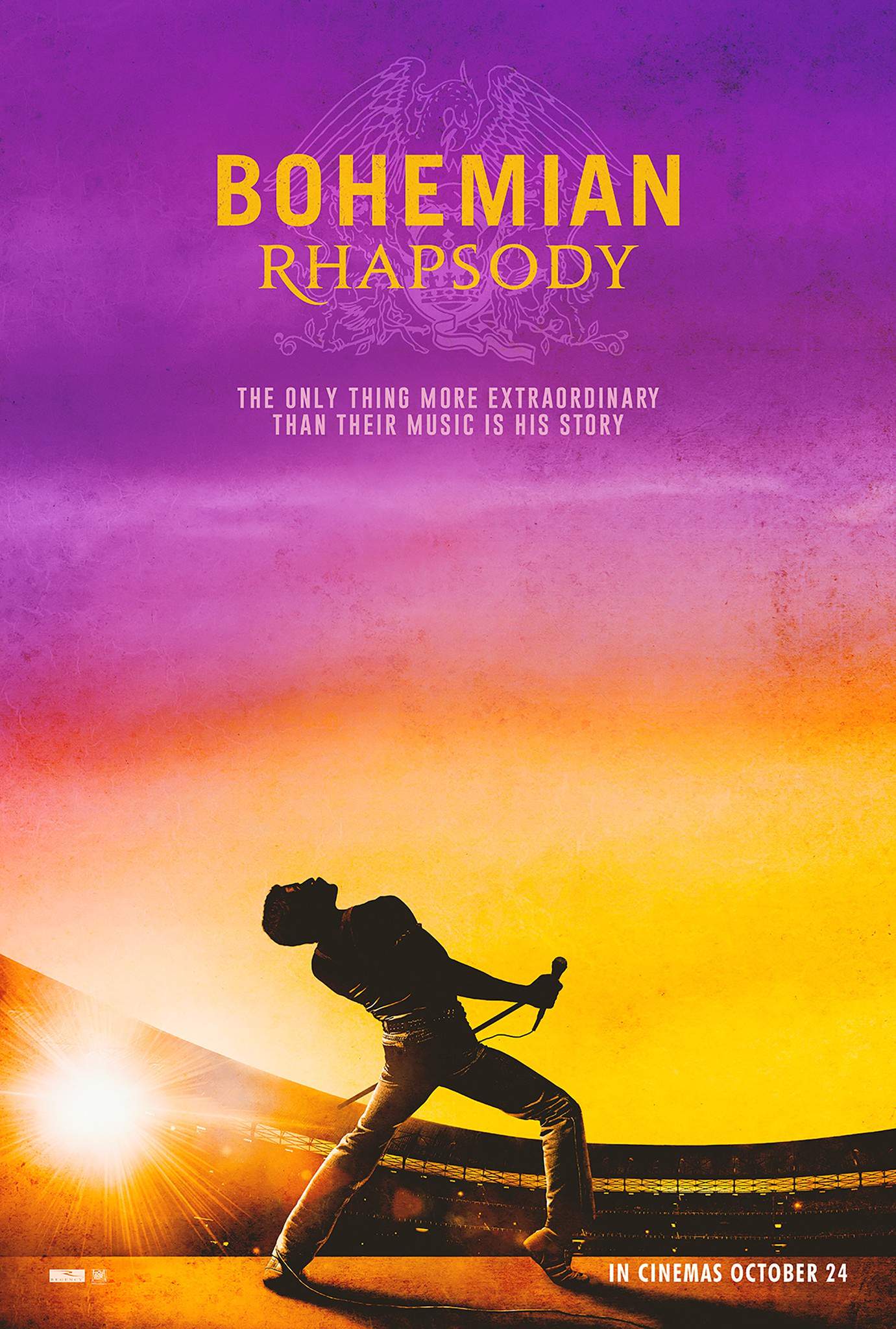
This biopic portrays the incredible journey of Queen and their iconic frontman, Freddie Mercury. The film explores the band's rise to global fame, showcasing their groundbreaking music and innovative sound that defied expectations. It follows their triumphs and challenges, including Freddie’s solo endeavors, before culminating in a powerful and unforgettable performance at Live Aid, a defining moment in music history and a testament to the band’s enduring legacy.
Does Bohemian Rhapsody have end credit scenes?
No!
Bohemian Rhapsody does not have end credit scenes. You can leave when the credits roll.
Meet the Full Cast and Actors of Bohemian Rhapsody
Explore the complete cast of Bohemian Rhapsody, including both lead and supporting actors. Learn who plays each character, discover their past roles and achievements, and find out what makes this ensemble cast stand out in the world of film and television.

Ben Hardy
Roger Taylor

Allen Leech
Paul Prenter

Rami Malek
Freddie Mercury

Mike Myers
Ray Foster
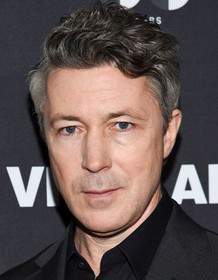
Aidan Gillen
John Reid

Jessie Vinning
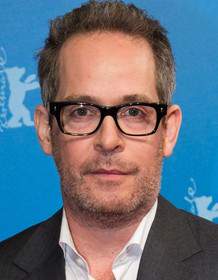
Tom Hollander
Jim Beach

Lucy Boynton
Mary Austin
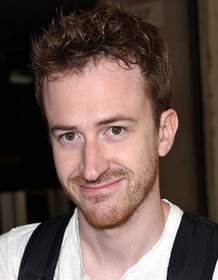
Joseph Mazzello
John Deacon

Max Bennett
David

Jess Radomska

Aaron McCusker
Jim Hutton

Ace Bhatti
Bomi Bulsara

Gwilym Lee
Brian May

Lora Moss

Michelle Duncan
External Links and Streaming Options
Discover where to watch Bohemian Rhapsody online, including streaming platforms, rental options, and official sources. Compare reviews, ratings, and in-depth movie information across sites like IMDb, TMDb, Wikipedia or Rotten Tomatoes.
Ratings and Reviews for Bohemian Rhapsody
See how Bohemian Rhapsody is rated across major platforms like IMDb, Metacritic, and TMDb. Compare audience scores and critic reviews to understand where Bohemian Rhapsody stands among top-rated movies in its genre.

The Movie Echo Score
Bohemian Rhapsody delivers polished visual presentation and compelling performances but is hindered by familiar structure and selective storytelling. In terms of direction and production design, the film presents vibrant cinematography and meticulous editing that capture the period feel, while the narrative relies on well-worn biopic conventions that limit originality. The script’s pacing oscillates between engaging concert sequences and predictable dramatic beats, resulting in uneven momentum. Overall, the movie is an engaging watch for fans but remains an unsatisfyingly conventional portrait of its iconic subject.
The Movie Echo Score Breakdown for Bohemian Rhapsody

Art & Craft
At its best, the film exhibits a polished aesthetic and careful production design. In terms of cinematography, the period settings are captured with a vibrant color palette and precise framing, while the editing maintains coherent transitions between narrative and concert footage. The film’s meticulous art direction enhances authenticity. Overall, the visual craft is strong though it rarely surprises.

Character & Emotion
Character portrayal is anchored by a compelling lead performance but lacks consistent depth across the ensemble. When it comes to acting, Rami Malek delivers a magnetic and nuanced portrayal that captures Freddie Mercury’s charisma, while supporting roles often feel understated and underdeveloped. This imbalance weakens emotional resonance. Overall, character work is elevated by the lead but uneven in scope.

Story & Flow
The narrative structure offers familiar beats and clear chronology but limits originality. In terms of pacing, the film balances concert set pieces with biographical interludes yet often resorts to predictable transitions and narrative shortcuts. Plot coherence is maintained at the expense of depth, resulting in a storyline that feels safely conventional. Overall, engagement is mixed due to its formulaic approach.

Sensory Experience
The film excels in its auditory presentation, delivering a powerful and immersive soundtrack. When it comes to music and sound design, the live concert recreations are vivid and dynamic, and the integration of Queen’s original recordings evokes visceral responses. Visual style harmonizes with the score through synchronized editing and lighting. Overall, the sensory experience is highly engaging.

Rewatch Factor
Rewatch potential is moderate due to strong musical highlights but limited narrative surprises. In terms of replay value, key concert sequences and Rami Malek’s performance retain appeal, yet the predictable structure reduces incentive for repeated viewings. While fans may revisit standout moments, the overall conventional pacing tempers long-term appeal.

49
Metascore
7.6
User Score

7.9 /10
IMDb Rating

80
%
User Score

3.5
From 8.1K fan ratings

4.50/5
From 40 fan ratings
Take the Ultimate Bohemian Rhapsody Movie Quiz
Challenge your knowledge of Bohemian Rhapsody with this fun and interactive movie quiz. Test yourself on key plot points, iconic characters, hidden details, and memorable moments to see how well you really know the film.
Bohemian Rhapsody Quiz: Test your knowledge on the life and legacy of Freddie Mercury and Queen as portrayed in the film 'Bohemian Rhapsody'.
What was Freddie Mercury's birth name?
Freddie Mercury
Farrokh Bulsara
Freddie Bulsara
Farrokh Morsi
Show hint
Awards & Nominations for Bohemian Rhapsody
Discover all the awards and nominations received by Bohemian Rhapsody, from Oscars to film festival honors. Learn how Bohemian Rhapsody and its cast and crew have been recognized by critics and the industry alike.
91st Academy Awards 2019

Film Editing
Best Picture
Sound Editing
Sound Mixing
72nd British Academy Film Awards 2019

Best Cinematography
Best Costume Design
Best Editing
Best Makeup and Hair
Best Sound
Outstanding British Film
24th Critics' Choice Awards 2019
25th Annual Screen Actors Guild Awards 2019

Outstanding Performance by a Cast in a Motion Picture
76th Golden Globe Awards 2019
Best Motion Picture – Drama

Full Plot Summary and Ending Explained for Bohemian Rhapsody
Read the complete plot summary of Bohemian Rhapsody, including all major events, twists, and the full ending explained in detail. Explore key characters, themes, hidden meanings, and everything you need to understand the story from beginning to end.
In 1970, Freddie Farrokh Bulsara, portrayed by Rami Malek, is an Indian-British Parsi who juggles his time studying art in London and working as a baggage handler at Heathrow Airport. In the evenings, he often frequents local music venues with friends. One fateful night, after a pub show, Freddie encounters the band Smile and is captivated by an attractive young woman named Mary Austin in the hallway. She directs him to the band and reveals that she works at a trendy boutique, Biba. Complimenting the performance to drummer Roger Taylor and guitarist Brian May, he eagerly offers himself as a replacement after their lead singer, Tim Staffell, departs, showcasing his impressive vocal talent in the process.
Freddie soon visits Biba again and finds himself assisted by Mary while shopping, where they bond and ultimately become a couple, moving in together. With Freddie as the new lead singer, and joined by bassist John Deacon, the band starts performing throughout Britain, quickly gaining popularity by selling out universities and pubs. Freddie’s vision pushes the band to grow, and they decide to record their debut album after selling their van to secure studio time. In the midst of recording, an A&R representative from EMI takes notice, prompting them to present demos.
Freddie takes the significant step of renaming the band to Queen and legally adopts the moniker Freddie Mercury. The group signs on with John Reid, Elton John’s manager, who assists them under his guidance, while Paul Prenter, his assistant, manages day-to-day operations. Their appearance on Top of the Pops catapults them to fame with the hit record Killer Queen. As the duo’s relationship deepens, Freddie and Mary become engaged.
Their debut album rises on American charts, but amidst their bustling U.S. tour, Freddie starts grappling with his sexuality. In 1975, while working on their acclaimed fourth album, A Night at the Opera, tensions arise as executive Ray Foster resists releasing the now-iconic six-minute song, Bohemian Rhapsody, as the lead single. Freddie takes the bold step of having DJ Kenny Everett premiere the track on the airwaves, and despite mixed reviews, it ultimately becomes a massive hit. On the heels of their world tour, Freddie starts an affair with his manager Paul. This tumultuous time leads to Mary’s heartbreak as Freddie confides in her about his bisexuality, claiming she assures him of his identity.
Despite their continued success well into the early 1980s, cracks begin to form in the band due to Freddie’s evolving persona and the influence of his relationship with Paul. After a glamorous party in 1980, he meets Jim Hutton, a waiter who quickly captures his heart, only for their relationship to dissolve when Jim prompts Freddie to embrace self-acceptance. As their 1982 album, Hot Space, nears release, a press conference spirals as reporters bombard Freddie with invasive questions regarding his personal life, leading him to respond with sharp retorts. Meanwhile, John Reid proposes a solo deal with CBS, which doesn’t sit well with Freddie, ultimately leading to a fallout as he pleads for the integrity of the band. Compounding the turmoil, he learns that Mary is now involved with someone named David.
Freddie’s relationships with his band members deteriorate further when he announces a lucrative solo contract, prompting him to relocate to Munich in 1984 to pursue solo work on Mr. Bad Guy, which sees him enter a world of excess with Paul. After a visit from Mary, who is pregnant, she urges him to reconcile with the band as they prepare to play in Bob Geldof’s charitable concert, Live Aid, at Wembley Stadium. Confronted by the revelation that Paul withheld this information, Freddie’s outrage leads him to sever ties, only for Paul to retaliate with public disclosures about Freddie’s private life.
With remorse, Freddie returns to London to mend his fractured relationships with his bandmates and their manager Jim Beach. Their reunion comes just in time for a late slot at Live Aid. As the AIDS epidemic looms, Freddie receives the heartbreaking news of his own diagnosis. During a rehearsal, he shares his illness with the band, who rally around him. On the momentous day of Live Aid, Freddie reconnects with both Jim and Mary, and he embraces his family’s Zoroastrian philosophy, “Good thoughts, good words, good deeds.”
The band delivers a legendary performance, featuring classics like Bohemian Rhapsody, Radio Ga Ga, Hammer to Fall, and We Are the Champions, captivating the audience and significantly boosting donations during the event. The film culminates with a poignant note reflecting on Freddie Mercury’s passing on November 24, 1991, at the age of 45, and highlights the band’s tribute concert in his memory.
Uncover the Details: Timeline, Characters, Themes, and Beyond!
Watch Trailers, Clips & Behind-the-Scenes for Bohemian Rhapsody
Watch official trailers, exclusive clips, cast interviews, and behind-the-scenes footage from Bohemian Rhapsody. Dive deeper into the making of the film, its standout moments, and key production insights.
Cars Featured in Bohemian Rhapsody
Explore all cars featured in Bohemian Rhapsody, including their makes, models, scenes they appear in, and their significance to the plot. A must-read for car enthusiasts and movie buffs alike.
Bohemian Rhapsody Themes and Keywords
Discover the central themes, ideas, and keywords that define the movie’s story, tone, and message. Analyze the film’s deeper meanings, genre influences, and recurring concepts.
Articles, Reviews & Explainers About Bohemian Rhapsody
Stay updated on Bohemian Rhapsody with in-depth articles, critical reviews, and ending explainers. Explore hidden meanings, major themes, and expert insights into the film’s story and impact.
Similar Movies To Bohemian Rhapsody You Should Know About
Browse a curated list of movies similar in genre, tone, characters, or story structure. Discover new titles like the one you're watching, perfect for fans of related plots, vibes, or cinematic styles.
Quick Links: Summary, Cast, Ratings, More

What's After the Movie?
Not sure whether to stay after the credits? Find out!
Explore Our Movie Platform
New Movie Releases (2025)
Famous Movie Actors
Top Film Production Studios
Movie Plot Summaries & Endings
Major Movie Awards & Winners
Best Concert Films & Music Documentaries
Movie Collections and Curated Lists
© 2025 What's After the Movie. All rights reserved.

